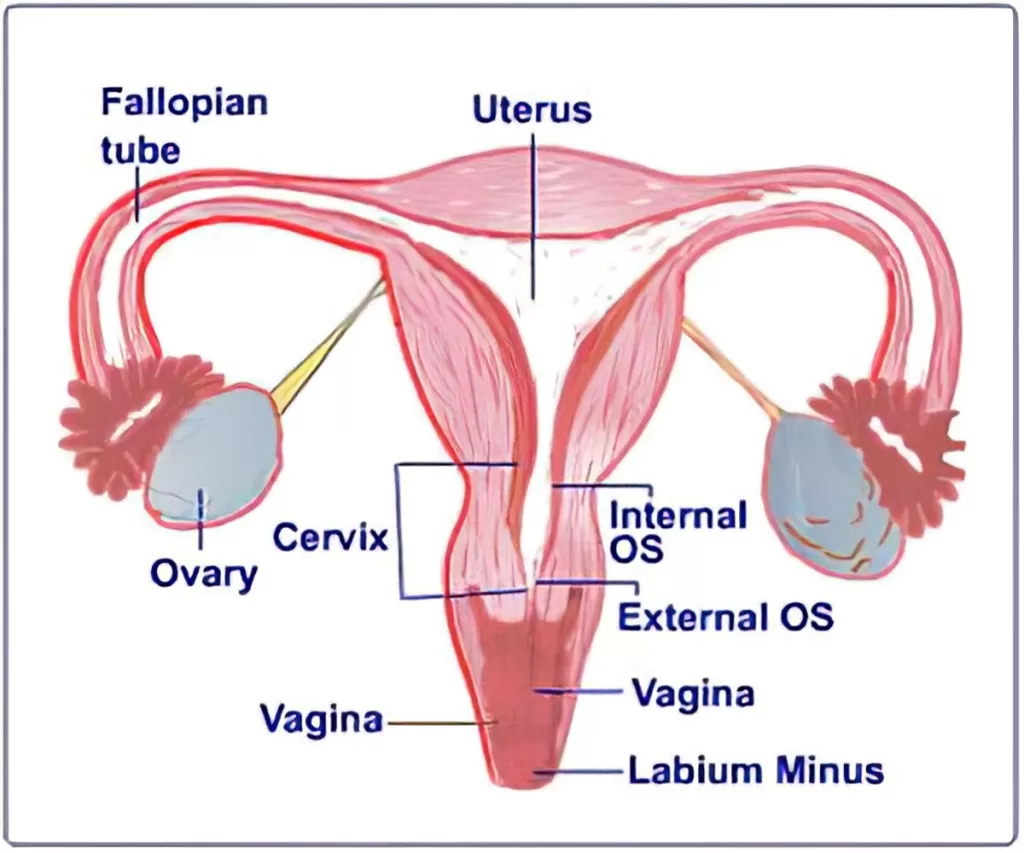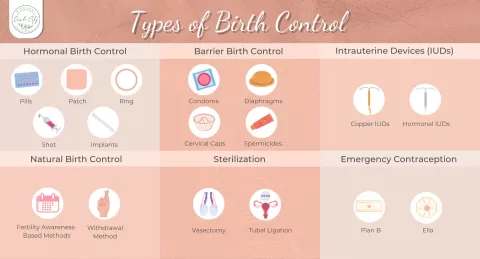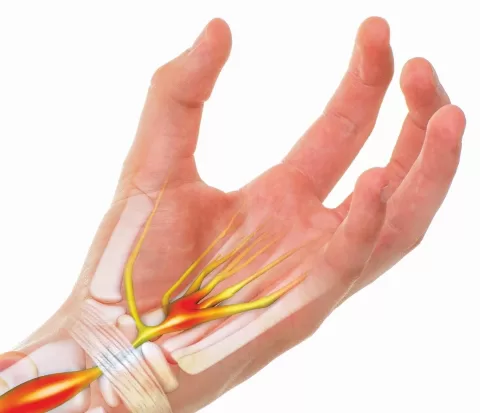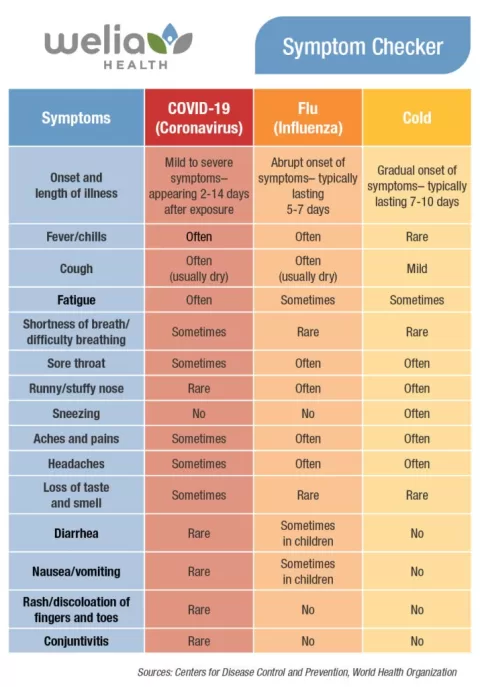Vaginal bleeding can be a perplexing and concerning symptom for many women, often occurring at unexpected times, such as between periods or after sex. This abnormal vaginal bleeding may be indicative of various underlying health issues, making it essential to understand its causes and implications. Factors such as hormonal fluctuations, uterine conditions, and even infections can lead to bleeding between periods, while bleeding after sexual intercourse may stem from cervical irritation or health conditions. Recognizing these symptoms and seeking timely medical advice can play a crucial role in maintaining cervical health and overall well-being. In this article, we will delve into the common causes of vaginal bleeding and emphasize the importance of monitoring your body’s signals.
Menstrual irregularities, such as unexpected bleeding or spotting, can often raise alarm for those experiencing them. Known by terms like intermenstrual bleeding and postcoital bleeding, these occurrences can signify a range of health concerns. Whether it’s due to hormonal imbalances, infections, or other medical conditions, understanding the factors that contribute to these symptoms is vital for women’s health. This discussion not only highlights the potential causes of irregular bleeding but also underscores the importance of proactive health management, including regular check-ups and appropriate responses to unusual changes. Exploring these topics will aid in fostering a better understanding of women’s reproductive health.
Understanding Vaginal Bleeding: Types and Symptoms
Vaginal bleeding can take various forms, including light spotting, heavy bleeding, or bleeding occurring at unexpected times within the menstrual cycle. Understanding these different types is crucial for recognizing potential health issues. For instance, light bleeding might be a sign of ovulation or early pregnancy, while heavy bleeding could indicate more serious conditions such as uterine fibroids or hormonal imbalances.
Symptoms associated with abnormal vaginal bleeding can vary significantly. Women may experience discomfort, cramping, or unusual discharge alongside this bleeding. It’s essential to closely monitor these symptoms, as they can provide valuable insights into underlying health conditions. If the bleeding persists or is accompanied by severe pain or other concerning signs, seeking medical advice is critical.
Common Causes of Bleeding Between Periods
Bleeding between periods, also known as intermenstrual bleeding, can stem from several factors. Hormonal variations are one of the most prevalent causes, often triggered by contraceptive methods or hormonal imbalances. For example, using birth control pills may lead to irregular spotting as the body adjusts to new hormone levels.
Uterine conditions such as polyps or fibroids can also contribute to abnormal bleeding patterns. These growths can disrupt the normal functioning of the uterus, leading to unexpected bleeding. Regular gynecological check-ups are essential for early diagnosis and management of these conditions, ultimately promoting better reproductive health.
Bleeding After Sex: Causes and Concerns
Bleeding after sexual intercourse can be alarming and is often a sign that should not be ignored. One common cause is cervical irritation, which can occur if there is insufficient lubrication during sex. This irritation can lead to discomfort and bleeding, particularly if the intercourse was vigorous.
Infections, such as pelvic inflammatory disease (PID) or sexually transmitted infections, are another potential cause of post-coital bleeding. Women experiencing such bleeding should consult healthcare providers to rule out infections and receive appropriate treatment. Being proactive about these symptoms can help prevent complications and ensure better reproductive health.
The Importance of Cervical Health in Relation to Vaginal Bleeding
Cervical health plays a crucial role in understanding the implications of abnormal vaginal bleeding. Conditions such as cervical infections or even precancerous changes can lead to bleeding, especially after intercourse. Regular screenings, such as Pap tests, are vital for detecting these issues early and addressing them appropriately.
Ignoring symptoms of abnormal vaginal bleeding can increase the risk of serious conditions like cervical cancer. It is essential for women to be vigilant about their cervical health and seek regular medical evaluations. Early detection through screenings can significantly improve outcomes and ensure that any underlying conditions are managed effectively.
When to Consult a Healthcare Provider About Vaginal Bleeding
Understanding when to seek medical advice is crucial for any woman experiencing abnormal vaginal bleeding. If bleeding occurs outside of regular menstrual periods or is accompanied by pain, unusual discharge, or discomfort, it is essential to consult a healthcare provider. Early intervention can help identify the cause and provide necessary treatments.
Regular check-ups with a gynecologist are recommended to maintain reproductive health. These appointments can facilitate discussions about any changes in menstrual patterns or concerns regarding symptoms like bleeding after sex. Being proactive about health can empower women to take control of their reproductive well-being.
Frequently Asked Questions
What are the common causes of abnormal vaginal bleeding between periods?
Abnormal vaginal bleeding between periods can be caused by hormonal variations, uterine conditions such as polyps or fibroids, sexually transmitted infections (STIs), and lifestyle factors like stress or weight changes. It’s essential to consult a healthcare provider to identify the underlying cause and receive appropriate treatment.
Why am I experiencing bleeding after sex?
Bleeding after sex, also known as post-coital bleeding, can result from cervical irritation, infections such as pelvic inflammatory disease (PID), or underlying health conditions like endometriosis. If you experience this symptom, it’s important to seek medical advice to determine the cause and receive proper care.
How can hormonal contraceptives affect vaginal bleeding?
Hormonal contraceptives, such as birth control pills, can lead to abnormal vaginal bleeding between periods due to hormonal fluctuations. Spotting is a common side effect, especially during the initial months of use. If bleeding persists, consult your healthcare provider for possible alternatives or adjustments.
What should I do if I notice unexpected vaginal bleeding?
If you experience unexpected vaginal bleeding, whether between periods or after sex, it is important to consult a healthcare provider. This symptom can indicate a range of issues, from hormonal imbalances to more serious conditions like cervical health concerns. Early assessment is crucial for effective management.
Is light bleeding a sign of pregnancy?
Light bleeding or spotting can sometimes indicate early pregnancy, especially if accompanied by symptoms like nausea or breast tenderness. However, it can also be a sign of hormonal changes or other conditions. If you suspect you may be pregnant or experience unusual bleeding, consider taking a pregnancy test or consulting a healthcare provider for further evaluation.
| Key Points | Details |
|---|---|
| Understanding Abnormal Vaginal Bleeding | Bleeding that occurs outside of normal menstrual cycles; can indicate health issues. |
| Common Causes of Bleeding Between Periods | Hormonal variations, uterine conditions (polyps/fibroids), STIs, stress, and lifestyle changes. |
| Bleeding After Sexual Intercourse | Caused by cervical irritation, infections (e.g., PID), or underlying health conditions (e.g., endometriosis). |
| Light Bleeding | Can indicate early pregnancy; requires attention if accompanied by other symptoms. |
| Importance of Consulting Healthcare Providers | Essential for ruling out serious health conditions; regular check-ups recommended. |
| Correlation with Cervical Health | Ignoring symptoms may correlate with increased risk for serious issues like cervical cancer. |
Summary
Vaginal bleeding is a significant health concern that should not be overlooked. Understanding the causes of abnormal vaginal bleeding—whether it occurs between periods or after sexual intercourse—is essential for maintaining reproductive health. Identifying potential triggers, such as hormonal changes, infections, or underlying health conditions, can lead to timely medical intervention. Women experiencing unusual bleeding should consult healthcare providers to rule out any serious issues and ensure their well-being.
The content provided on this blog (e.g., symptom descriptions, health tips, or general advice) is for informational purposes only and is not a substitute for professional medical advice, diagnosis, or treatment. Always seek the guidance of your physician or other qualified healthcare provider with any questions you may have regarding a medical condition. Never disregard professional medical advice or delay seeking it because of something you have read on this website. If you believe you may have a medical emergency, call your doctor or emergency services immediately. Reliance on any information provided by this blog is solely at your own risk.








